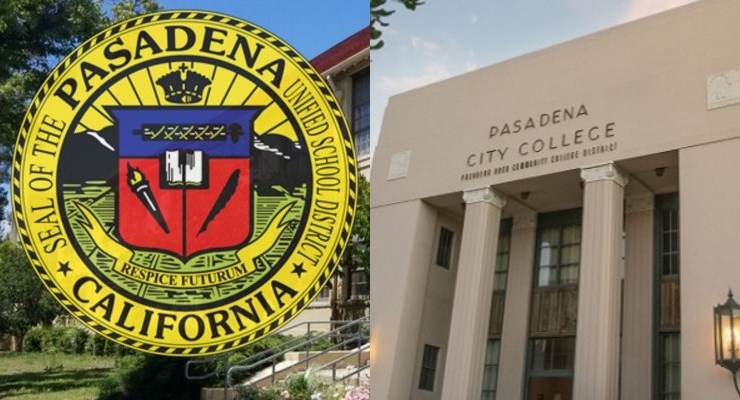The bitter battle over whether to build a tunnel to bridge the 6.2-mile gap between the 710 freeway in Alhambra and the Interstate 210 in Pasadena could finally come to a dramatic end this morning.
The Metropolitan Transportation Authority Board is scheduled to vote on a motion by Board President John Fasana and and Board Director Los Angeles County Supervisor Kathryn Barger to “implement mobility improvements that are fundable with existing resources and bring some relief to affected corridor cities.” Such “improvements” would not include the 710 Tunnel.
The motion would re-allocate the $105 million in Measure R Funds currently budgeted for the tunnel project.
“We’ve got a 50-year conversation boiling down to one vote,” said State Assemblymember Chris Holden, a 710 Tunnel opponent whose similar motion in the State Assembly failed to reach the legislature earlier this year.
“I’m obviously cautiously optimistic,” he said. “I believe that all the right arguments have been made. Since this all started, we find ourselves in a completely different place and now, a population that requires a different method of moving people around without cars.”
State Senator Anthony Portantino, who has personally fought against the tunnel project for “about twenty years, “ said Wednesday, “When I was first elected to the La Canada City Council in 1999, I convinced the Council there to take a stand against it, and I have been fighting for this position close to two decades.”
The battle over some type of 710 Freeway extension — whether above-ground freeway or tunnel — has waged for decades, with Pasadena and South Pasadena in steadfast opposition to a tunnel and Alhambra and Monterey Park, among other cities, firmly in support.
The vote by the Metro Board follows a vote yesterday by the Los Angeles City Council to no longer consider the 710 Tunnel as a viable option, and to create a I-710 Gap Corridor Transit Zone Advisory Committee to review a wide range of mass transit options, and recommend solutions other than a tunnel or surface freeway.
The new Los Angeles Council committee would include representatives from the cities of Alhambra, Los Angeles, Pasadena and South Pasadena, along with Caltrans, the Metropolitan Transportation Authority and various members of the California Legislature.
The five-part Metro motion by Fasana and Barger and the Ad-Hoc Congestion, Highway and Roads Committee recommends that the Metro Board allocate $105 million of Measure R funds available for the Interstate 710 North Gap Closure Project” for new mobility improvement projects within the San Gabriel Valley sub-region, to relieve congestion on local streets along the SR-710 alignment between I-10 and I-210, with the highest priority for projects closest to the I-10.
The motion would also defer a decision on any other alternative for future consideration by the Board “until the community collectively agrees on the value of that investment and funds are identified to implement a project.”
Meanwhile, according to the motion, the committee would consult with affected jurisdictions and Caltrans and report back to the Metro Board within 90 days on a procedure to initiate the identification of projects to be funded through the SR-710 Rehabilitation Account.
The projects would be located in Pasadena, South Pasadena, Alhambra, La Cañada Flintridge, and the El Sereno section of Los Angeles, and may include sound walls, transit and rail capital improvements, bikeways, pedestrian improvements, signal synchronization, left turn signals and major street resurfacing; rehabilitation, and reconstruction.
Metro would be responsible for submitting the list of projects to the California Transportation Commission (CTC) who would have the final authority to approve those projects.
The motion also encourages the corridor cities, Caltrans, and Metro to “collectively pursue policies and actions that would promote smart and functional land use, reduce automobile dependency, encourage multi-modal trips, improve traffic operations, and maximize the use of the latest available technologies to enhance the performance of the existing transportation system to minimize impacts of the regional traffic on the communities along the SR-710 corridor.”
Metro staff will also work with Caltrans, the corridor cities, and other affected jurisdictions to identify and pursue new Measure R projects, and report back to the Board when Caltrans selects the Preferred Alternative.














 0 comments
0 comments


